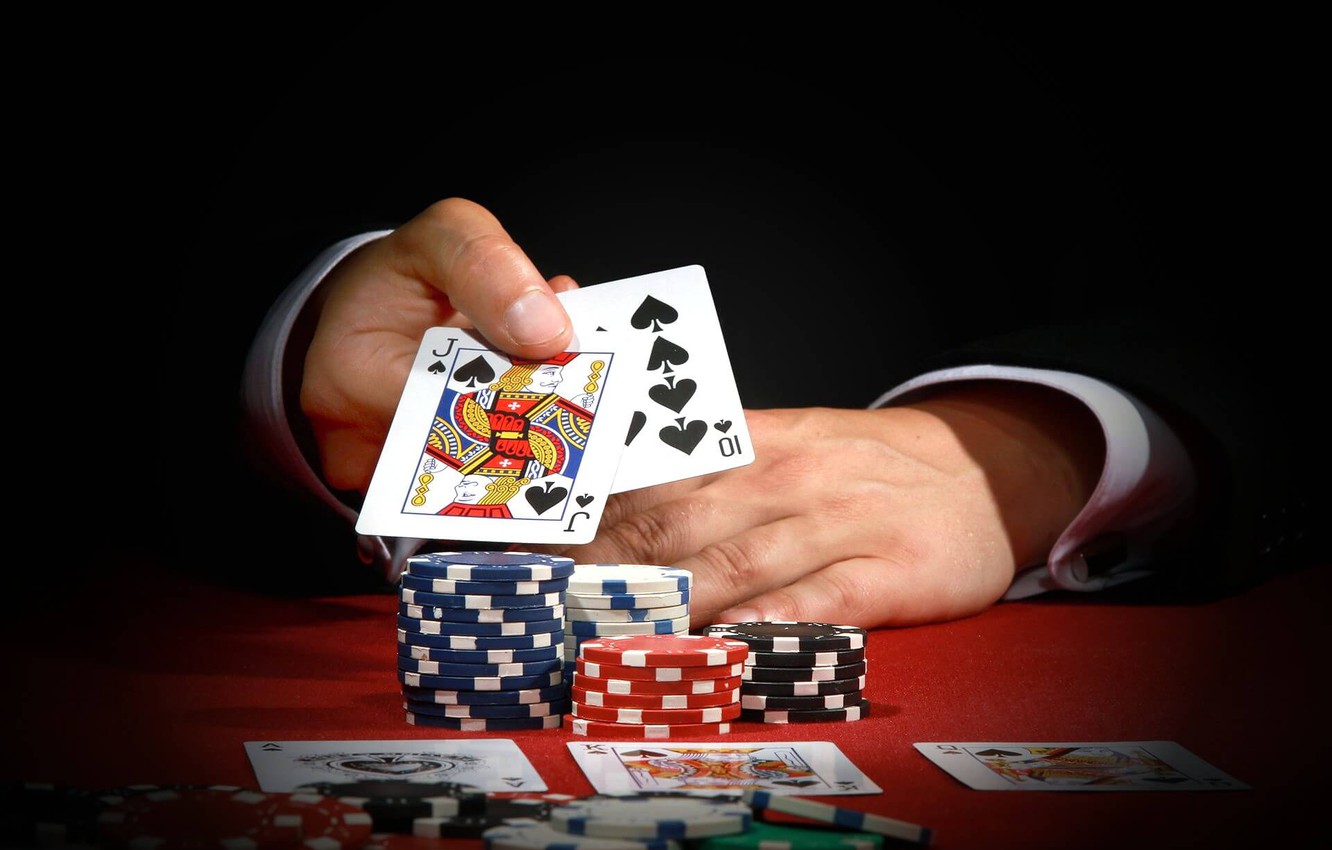Gambling Psychology: The Danger of Cognitive Biases
This is a risky tendency that could lead to gambling. It can cause gamblers to bet without thought and lead to addiction and financial ruin.
This study shows that the baseline Luck/Chance distortions were related to gambling issues, however, they were not related to aptitude or skill.
The illusion of control
One of the major cognitive mistakes that lead to addiction to gambling is the illusion of control. The illusion of control is an cognitive mistake that can lead to problematic gambling. This type of falsehood is particularly risky when players are desperate and anxious to recover their losses.
This means that they could engage in riskier behavior and bet more than they otherwise. They can be influenced upward counterfactual thought bias, which can make them believe that they would have succeeded if would have behaved in a different way (Darke & Freedman 1997a).
It can also lead to the practice of superstitious rituals and practices which include touching luck charms or repeating specific phrases prior to placing bets. Learn about the psychological aspects of online gambling. This can help you recognize and take on mental habits and belief systems that can influence your choice.
Superstitions
People who gamble often develop superstitions regarding their actions. A few gamblers do rabbit’s feet rubbing and wear socks with lucky numbers or team jerseys so that they can increase their chances of getting lucky. Some bettors will even whistle to themselves, believing that it is good luck and prevents bad one. Ultimately, these superstitions provide examples of the accessibility heuristic which occurs when individuals take their judgments and actions upon readily accessible information.
Another common type of 12bet gambling superstition is the belief that one could have won more if they had been luckier. This is an example of downward counterfactual thinking that researchers have found. This can lead to the false belief that you will win. This kind of thinking can have detrimental effects on gambling behavior and could even result in a pathological gambling. Actually, a research study regarding upward counterfactual thoughts and gambling behavior (Holub et al. 2003) discovered that those with high levels of upward counterfactual thought had less wins than those with low amounts of this kind of thinking.
Randomness and Pattern Recognition
When you step into the exciting world of gambling online, it’s not difficult to get caught up in the excitement and excitement. Even though luck can play a part, you have a great deal of control.
If, for example, a close-call experience (like an almost-win) happens, it may trigger a sense of anticipation. It also fuels the gambler’s desire to keep trying, hoping for a victory could be just around the corner. This is known as “chasing losses.” However, it may lead to even more financial losses, and possibly psychological troubles.
Researchers believe that one of the reasons for this kind of behavior occurs is that people are more likely to apply generalizations of their personal control. They also use techniques or shortcuts that help their decisions and judgements. One example is the availability heuristic, which tends to base choices on easily accessible information. The counterfactual perspective may assist in counteracting this tendency and help prevent issues with gambling.
Emotional Impact
Gambling can be a complicated affair, with wins and losses will always happen. During a losing streak, players might feel frustrated at times, anxious, or in desperate need to recoup their losses. This can trigger a dangerous pattern where emotions can override rational decision-making. Cognitive distortions such as illusions of control or the gambling fallacy are a common tactic.
These distortions, such as beliefs and rituals that are based on superstitions, offer the illusion of safety in an environment where the boundaries between skill and chance are unclear and the will of the universe are at work. It’s crucial to be aware of and confront the irrational belief systems, to avoid their negative impacts on gambling behaviour.
Positive mindsets are the key to online gambling success, because it allows players to overcome their negative feelings and stay confident in their abilities. It can encourage them to play more carefully and with greater risk, which can lead to more lucrative rewards. Interestingly, our study found that belief in luck wasn’t related to the problem of gambling among the participants in baseline or after 6 months However, it was linked to an upward-facing counterfactual mindset.
